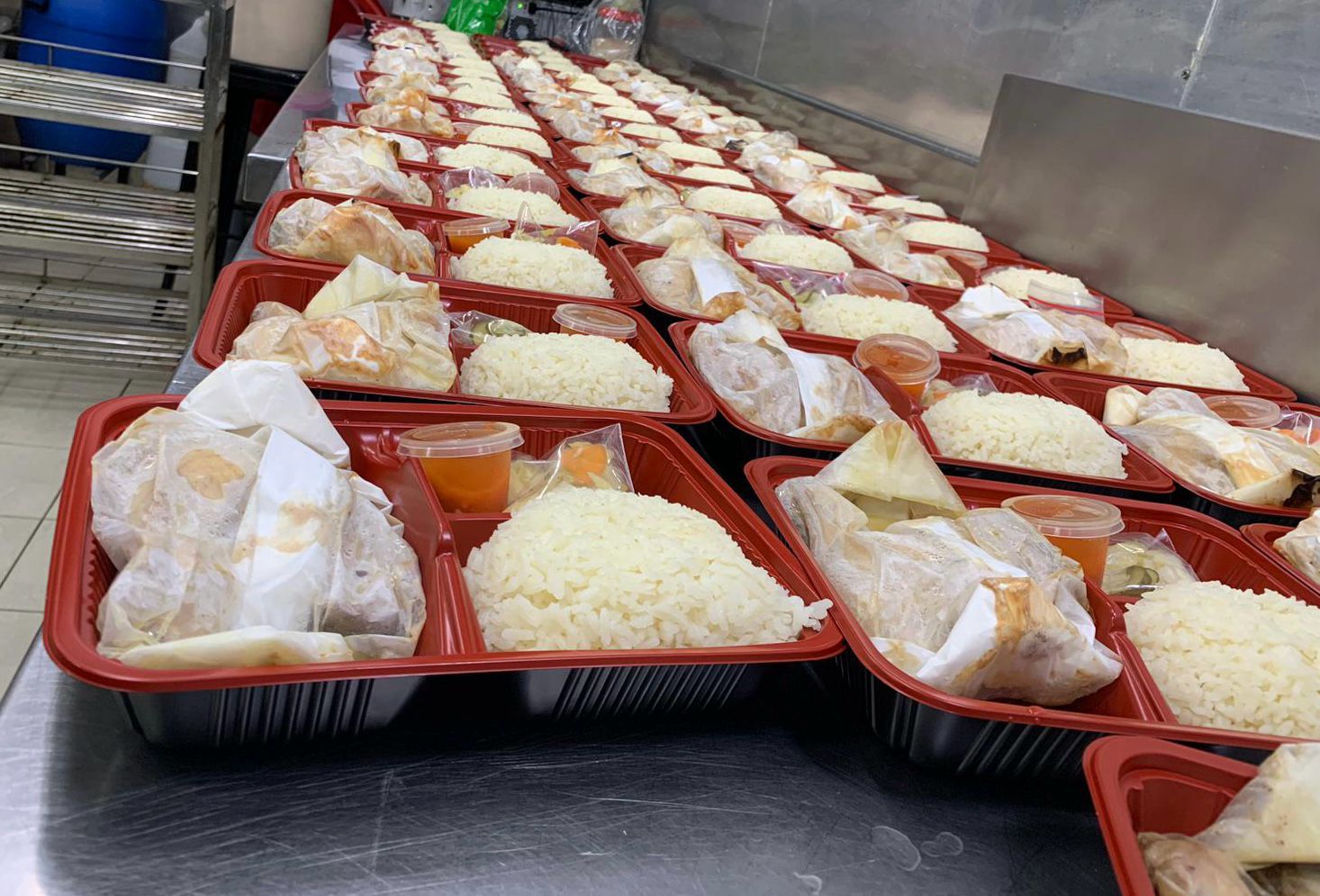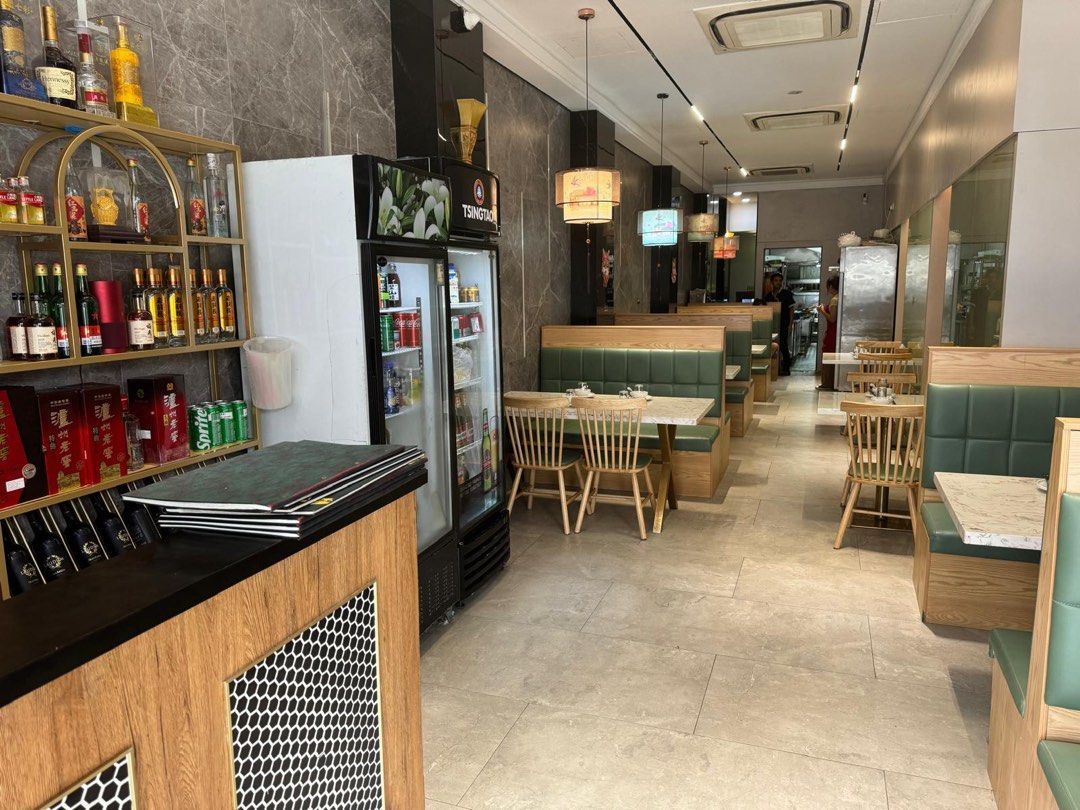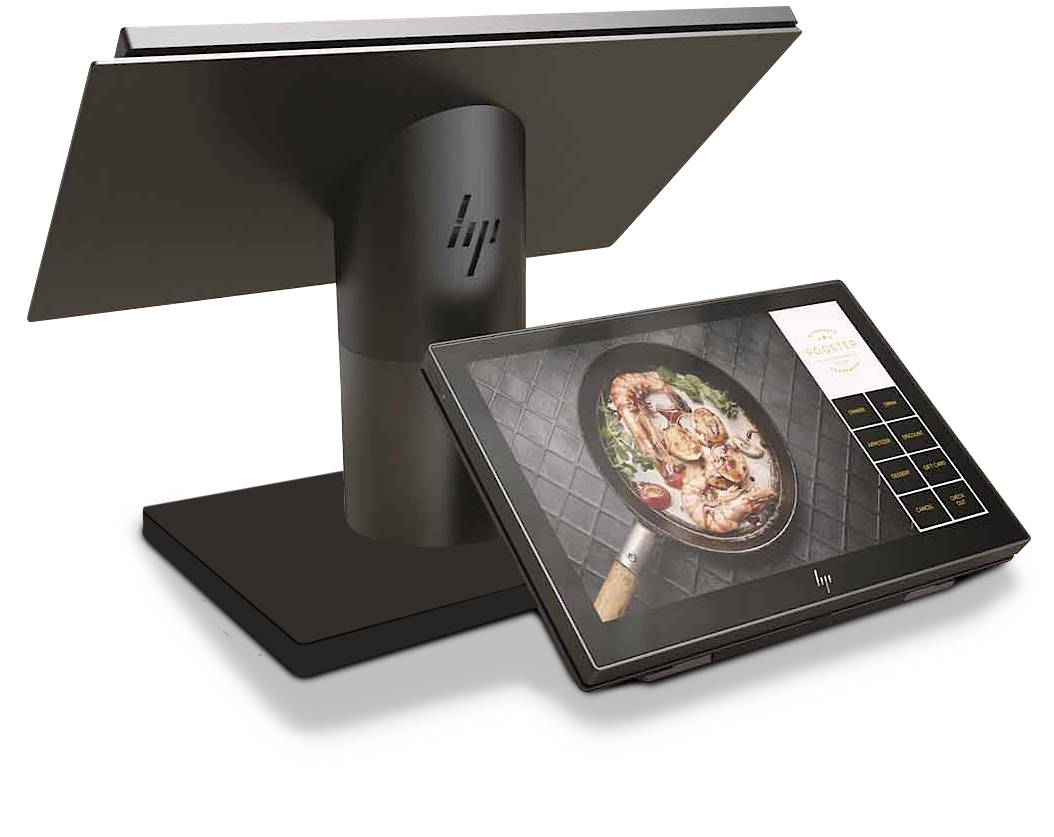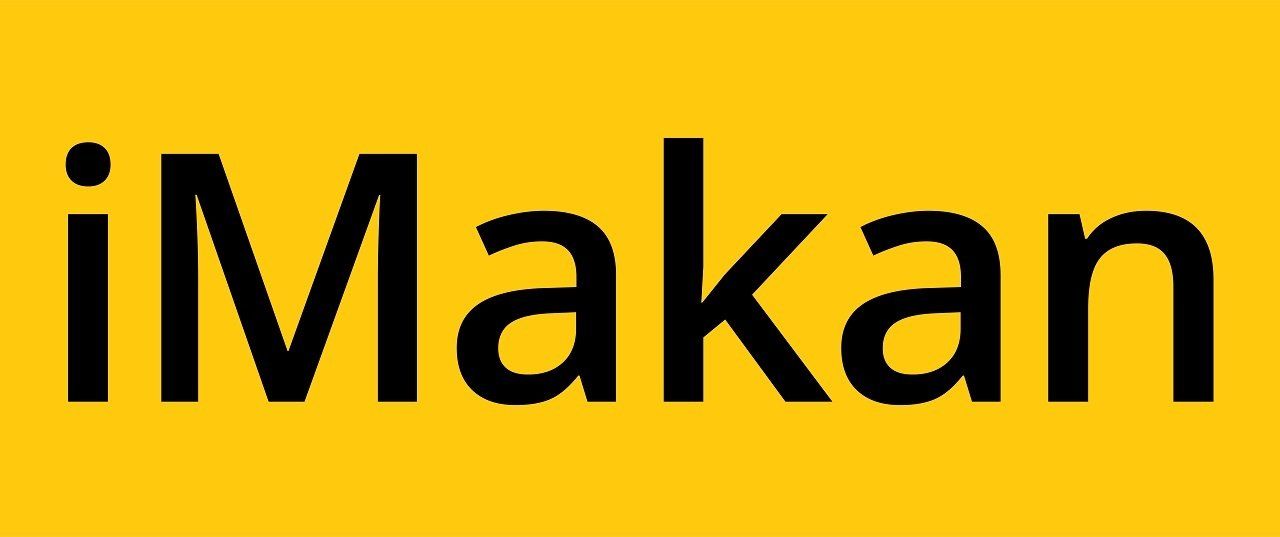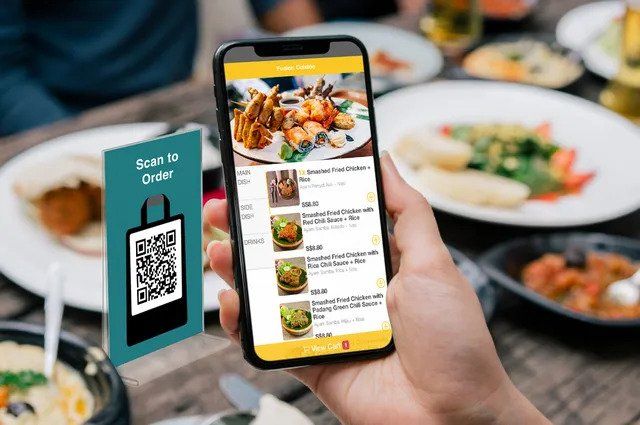Maintaining the highest standards of food safety is not only a commitment to customer well-being but also a legal requirement. In Singapore, there are strict laws and penalties that are put in place to ensure F&B businesses keep up hygiene. Penalties range from hefty fines to heavy to suspension of operations.
This comprehensive guide outlines key practices, licensing needs, and strategies for F&B establishments to effectively manage food safety, ensuring compliance with Singapore's F&B food safety stringent regulations.
Understanding Regulatory Requirements:
Familiarize yourself with the licensing requirements set forth by the National Environment Agency (NEA). A valid Food Shop License is mandatory for all F&B establishments, and it must be prominently displayed within the premises. Additionally, specific licenses may be required for establishments handling specific types of food, such as seafood or perishable items.
Obtaining a Food Shop License in Singapore (SFA License) is a vital process for F&B establishments to operate legally and meet stringent food safety standards. Eligibility and classification, document preparation, and ensuring all food handlers undergo the Basic Food Hygiene Course are initial steps. Submission of the application through the NEA's online portal initiates an inspection by NEA officers, focusing on hygiene and safety standards. Successful inspection leads to the issuance of the license, prominently displayed within the premises. Licenses must be renewed annually, requiring continuous compliance with food safety regulations. Specific regulations may apply based on the type of establishment, such as hawker stalls or caterers, emphasizing the importance of understanding and adhering to these guidelines for sustained legal and operational success.
Employee Training and Hygiene Practices:
Ensure that all staff members involved in food handling undergo the Basic Food Hygiene Course, a mandatory training program recognized by the NEA. This course covers essential topics such as personal hygiene, proper food handling, and safe food storage practices. Also, do ensure that employees handling food with the Basic Food Hygiene Course get their certification renewed by going for a renewal course every 10 years.
It is only an exception for staff who have just gotten their Basic Food Hygiene certification the first time to go for their refresher in 5 years and subsequently in 10 years.
Here are some places where you can enrol yourself or your staff for the Basic Food Hygiene Certification level 1 or refresher course:
Temperature Control and Storage:
Adhere to the NEA's Food Code, which outlines temperature control guidelines for the storage, preparation, and serving of food. Regularly calibrate refrigeration and cooking equipment to comply with stipulated temperature standards and keep foods fresh.
Regular Inspections and Audits:
Be prepared for regular inspections by NEA officers, who assess compliance with food safety practices. The NEA may also conduct unannounced inspections, emphasizing the importance of maintaining consistent adherence to hygiene and safety practices at all times.
On top of that, in Singapore's camera happy and society, bad and unhygienic practices by you or your staff can easily make its way online. Once it starts it spreads like wildfire, not only will your business reputation suffer, but authorities may take action against your F&B business.
Allergen Management:
Comply with SFA guidelines on allergen management, ensuring accurate labeling of allergens on menus. Staff members should be well-versed in handling allergen-related queries from customers, demonstrating a commitment to providing safe dining experiences.
To read more on protecting your customers from allergens, you could click here to find out more!
Implementing HACCP Principles:
Consider adopting the Hazard Analysis and Critical Control Points (HACCP) principles, a systematic approach to identifying and controlling potential hazards. While not a legal requirement, incorporating HACCP principles showcases a proactive commitment to food safety.
Here is a link to HACCP practices for your reference!
Regular Equipment Maintenance:
Schedule routine maintenance for kitchen equipment as part of your food safety management plan. Keep records of maintenance activities, which may be reviewed during inspections to ensure the ongoing functionality and safety of your equipment.
Traceability and Recordkeeping:
Maintain meticulous records of your food sources, supplier information, and production processes. This is not only a best practice for food safety but also assists in traceability in the event of a food safety concern.
Compliance with licensing requirements and stringent food safety practices is essential for success in Singapore's F&B industry. Beyond obtaining the necessary licenses, prioritizing employee training, temperature control, allergen management, and proactive measures like HACCP establishes your commitment to providing safe and high-quality food. Stay informed about regulatory updates, undergo regular training, and create a culture of food safety to ensure the long-term success and reputation of your F&B business in Singapore.
If you are setting up your F&B shop and looking to get a POS system, WhatsApp us or click here to send us an enquiry!

